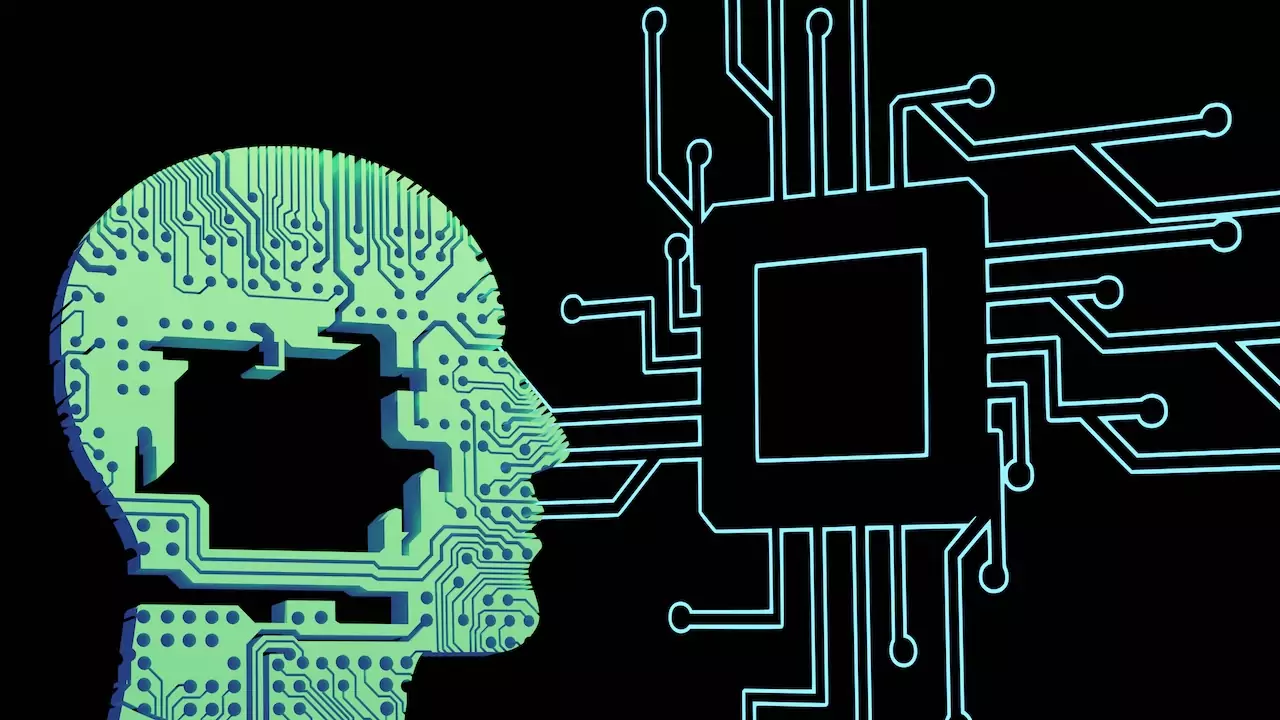The report “AI Skills and Occupations in the European Start-up Ecosystem”, based on data collected from 23,000 professionals from 3,600 European start-ups, highlights various aspects of the relationship between skills, the use of artificial intelligence and employment in start-ups.
According to a report produced by EIT Health in collaboration with EIT Digital, technological skills alone are not enough: if you focus solely on basic digital skills, such as programming or IT, you tend to fall behind. The real advantage comes from combining technology, communication, creativity and strategic thinking. Surprising gaps in soft skills are holding back growth: aspects such as event planning, legal knowledge, teamwork and ethics are absent in many AI-focused contexts.
STEM and life sciences skills are powerful drivers of innovation: areas with greater expertise in engineering, science and healthcare consistently outperform others in terms of AI success. Even in the most advanced areas of the Union, there is a lack of training in AI law and governance: without greater investment in areas such as AI regulation, Europe risks building powerful tools without the necessary regulatory frameworks to guide them.
With the new EU strategy for life sciences published last week, which emphasises the importance of leveraging AI to support research and innovation by ensuring adequate skills, the report provides a timely analysis of an area of key interest to the EU.
Data on the professional profiles analysed in the artificial intelligence sector reveal that the best European innovators in this field combine technical skills with specific multidisciplinary skills and soft skills, outperforming those who rely exclusively on technical and general IT skills.
Although technical skills related to coding, programming and machine learning are common, AI startups that combine these with sector-specific skills, for example in healthcare, engineering or manufacturing, and with broader cross-cutting skills such as project management and communication, are driving greater innovation.
The results were obtained using EIT Health’s SkillSync platform, a tool designed to assess and predict the skills needed to drive the European AI economy. The report cross-references skills profiles with the European Innovation Framework to highlight which workforce skills are most strongly linked to innovation performance.
“Competence in general IT skills alone does not stimulate innovation. To truly unlock the potential of AI, we must go beyond simple digital skills and cultivate advanced, interdisciplinary capabilities that reflect the real-world needs and opportunities of each sector,” says Magí Lluch-Ariet, Head of Data at EIT Health, in a statement.
The report suggests how to fill local skills gaps to promote innovation. For example, Eastern European start-ups could benefit from a focus on multidisciplinary soft skills and sector-specific skills. This would enable them to develop their strong core skills, for example in the field of information communication technology, which are extremely widespread in AI start-ups, even if they are not related to innovative production per se.
“Innovation does not happen in isolation. At EIT Health, through our programmes, we see that real impact comes from bringing education, research and business together in a practical way. This report reinforces the idea that it is not just about connecting these sectors, but about enabling the flow of expertise between them. Whether it’s AI in healthcare or other cutting-edge technologies, the most successful innovations are driven by diverse and applied skills – technical, scientific, managerial – that our programmes are designed to cultivate and deliver,” says Graham Armitage, director of delivery, EIT Health.
The full report, “AI Skills and Occupations in the European Start-up Ecosystem,” can be downloaded from this web page. (photo by Steve Johnson on Unsplash)
ALL RIGHTS RESERVED ©
